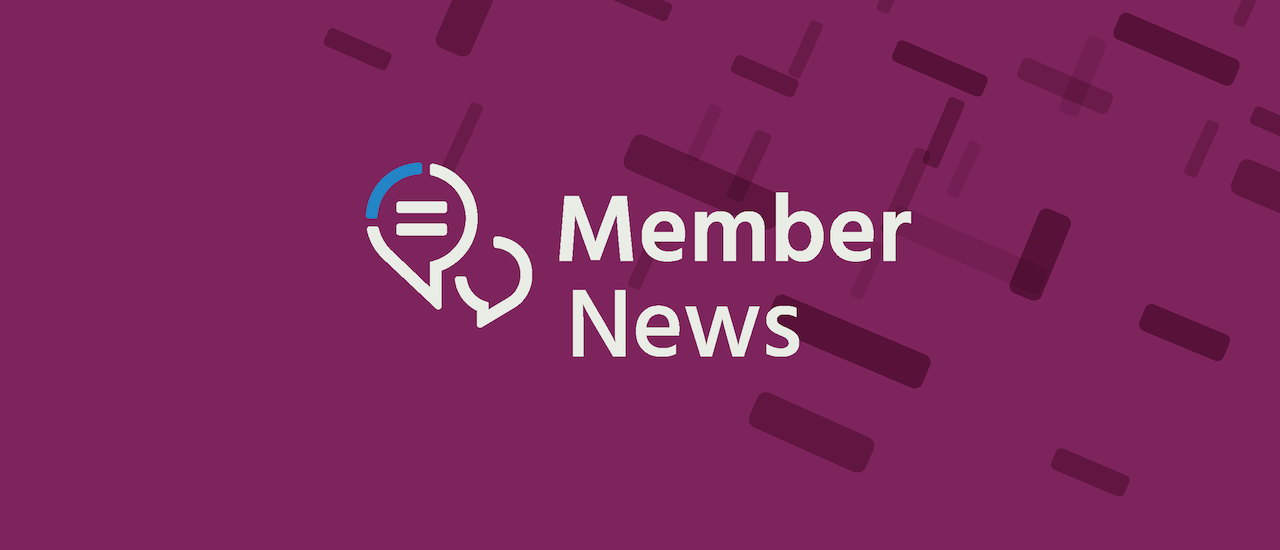Safe learning: The Nigeria Chapter of the Internet Society celebrated Safer Internet Day with workshops about online safety at schools across the country. Chapter representatives talked to students about several topics, including fake news, online scams, phishing, and clickbait. The two-day workshops included in-person events that complied with COVID-19 social distancing rules, and an online discussion.
Internet to the village: The Kyrgyzstan Chapter has been working to bring Internet access to the village of Zardaly, in a remote and mountainous region of the southwest region of the country. The project has begun with a detailed study of the area, after which radio translators will be ordered and installed. The chapter has also posted an update about its Ilimbox project, an Internet-in-a-box device that contains basic educational materials available without an Internet connection. The device has now been installed in 20 schools.
No registration required: The Hong Kong Chapter is among a coalition of groups opposing a proposal from the Chinese government that would require users of smartphones to register using their real names. Real-time registration won’t be effective in fighting crime and could hinder scientific research, the chapter said. “The real-name system cannot prevent crimes committed by using overseas calls to counterfeit local calls, and it will also increase the possibility of criminals who steal and intimidate citizens’ phone cards, and citizens may become scapegoats,” the chapter said.
Teaching governance: The Haiti Chapter has sponsored a workshop on Internet governance, with the goal of bringing together people from government, civil society, business, and other stakeholder groups to “interact and build common ground around a public-driven approach to Internet governance.” Attendees should be able “to participate in debates on Internet governance at national, regional and global levels.”
Join the global movement! Become a member and champion an open and trusted Internet.
